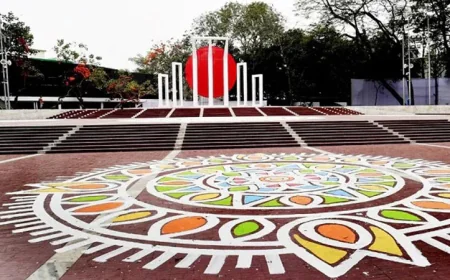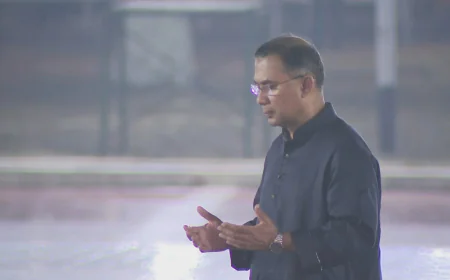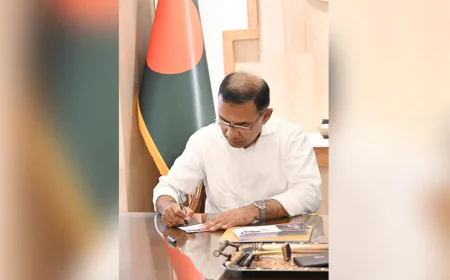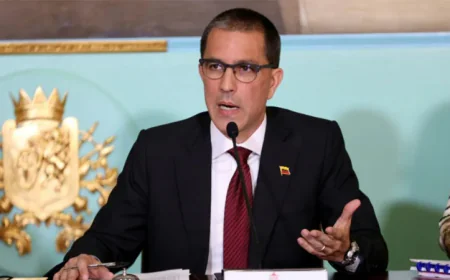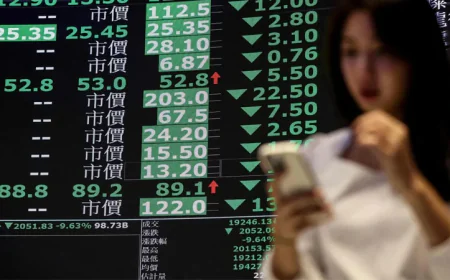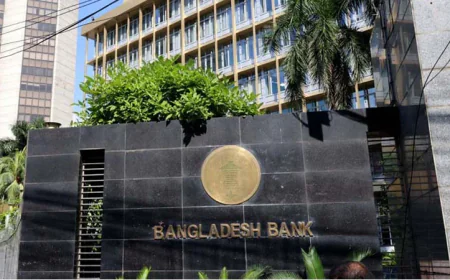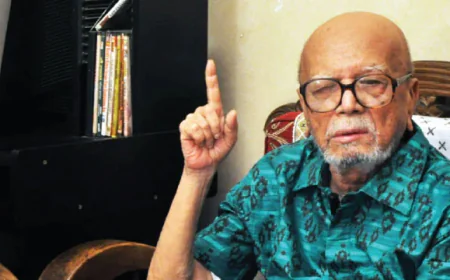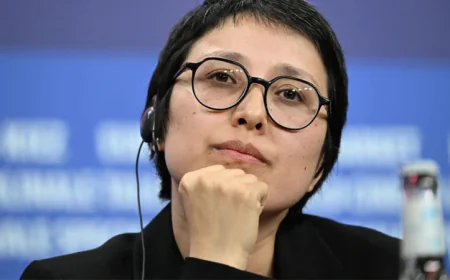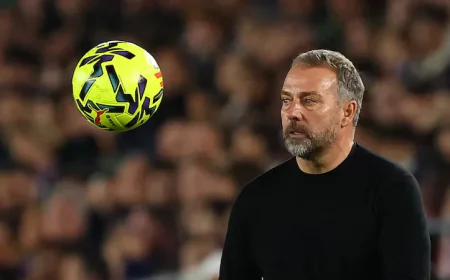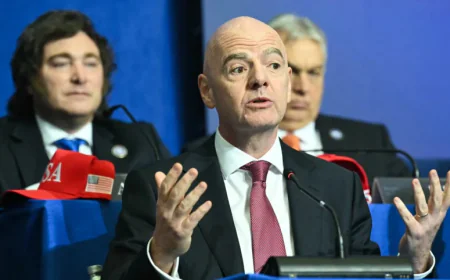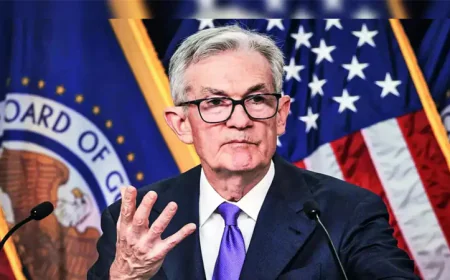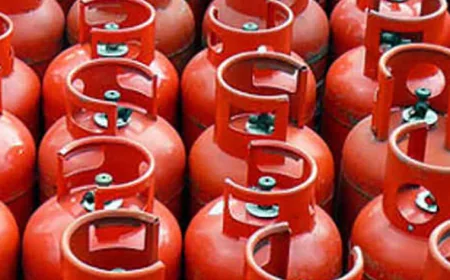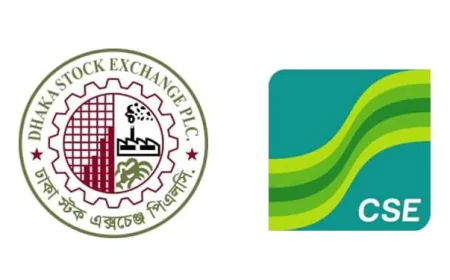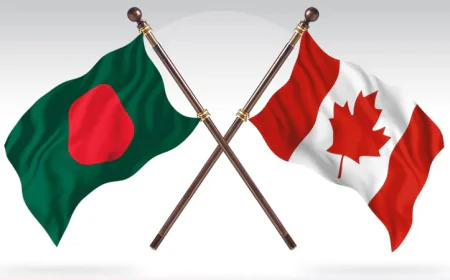Japan's Core Inflation Hits 3.5% as Rice Prices Nearly Double
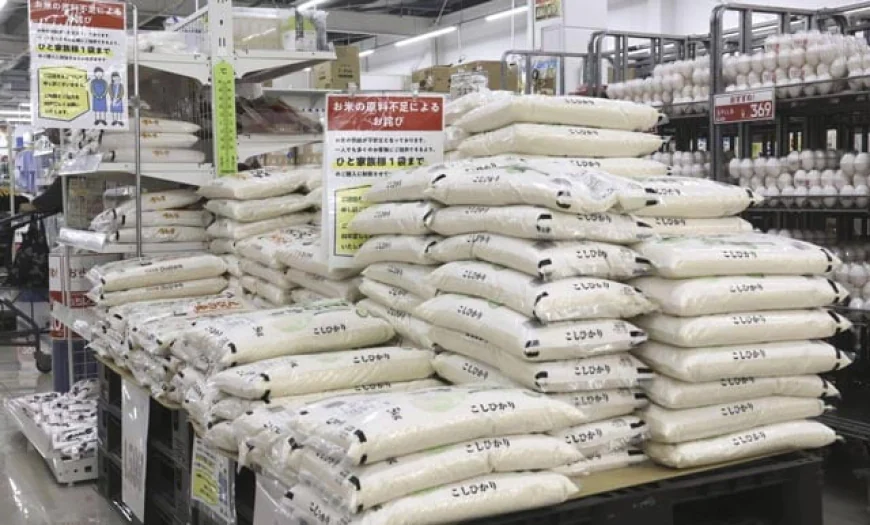
Japan's core inflation rate accelerated in April to 3.5 percent as rice prices almost doubled year-on-year, official data showed Friday.
The consumer price reading excluding fresh food, up from 3.2 percent the previous month, was slightly above the market forecast and will likely cement expectations that the Bank of Japan will increase interest rates.
Excluding energy as well, prices rose 3.0 percent compared to 2.9 percent in March, according to the internal affairs ministry.
Overall unadjusted inflation was 3.6 percent, the same level as in March.
Underlying inflation has been above the BoJ's target rate of two percent for around three years.
However, uncertainty stemming from US President Donald Trump's trade policies could prompt the central bank to stick to its current stance for now.
The BoJ at its last meeting in early May kept its main interest rate steady.
But it warned that tariffs were fuelling global economic uncertainty and revised down its economic growth forecasts for Japan.
- Rice -
After several decades of stagnant or falling prices, inflation returned to Japan in the wake of the Russian invasion of Ukraine in 2022.
This has become a political headache for the government, in particular when it comes to the cherished national staple of rice.
The official data released Friday showed rice prices up a whopping 98.4 percent compared to April 2024 following a 92.5-percent increase in March.
The price rise has prompted Japan's government to release some of its emergency stockpile into the market.
Factors behind the shortfall include poor harvests due to hot weather in 2023 and panic-buying prompted by a "megaquake" warning last year.
Record numbers of tourists have also been blamed for a rise in consumption while some traders are believed to be hoarding the grain.
This week Japan's farm minister resigned after a gaffe about rice that drew public fury.
Taku Eto told a gathering over the weekend that he had "never bought rice myself because my supporters donate so much to me that I can practically sell it".
After Eto's resignation, Prime Minister Shigeru Ishiba said: "I apologise to Japanese people" as "it is my responsibility that I appointed him".
"That rice prices are remaining high is not a one-time phenomenon but is a structural one, I think. We have to have thorough discussions on this and they (rice prices) have to fall, of course," he said.
Marcel Thieliant at Capital Economics said that "weekly rice prices are showing signs of stabilisation so rice inflation should start to soften again before long".
He added that he expects the BoJ "to tighten policy further this year".
